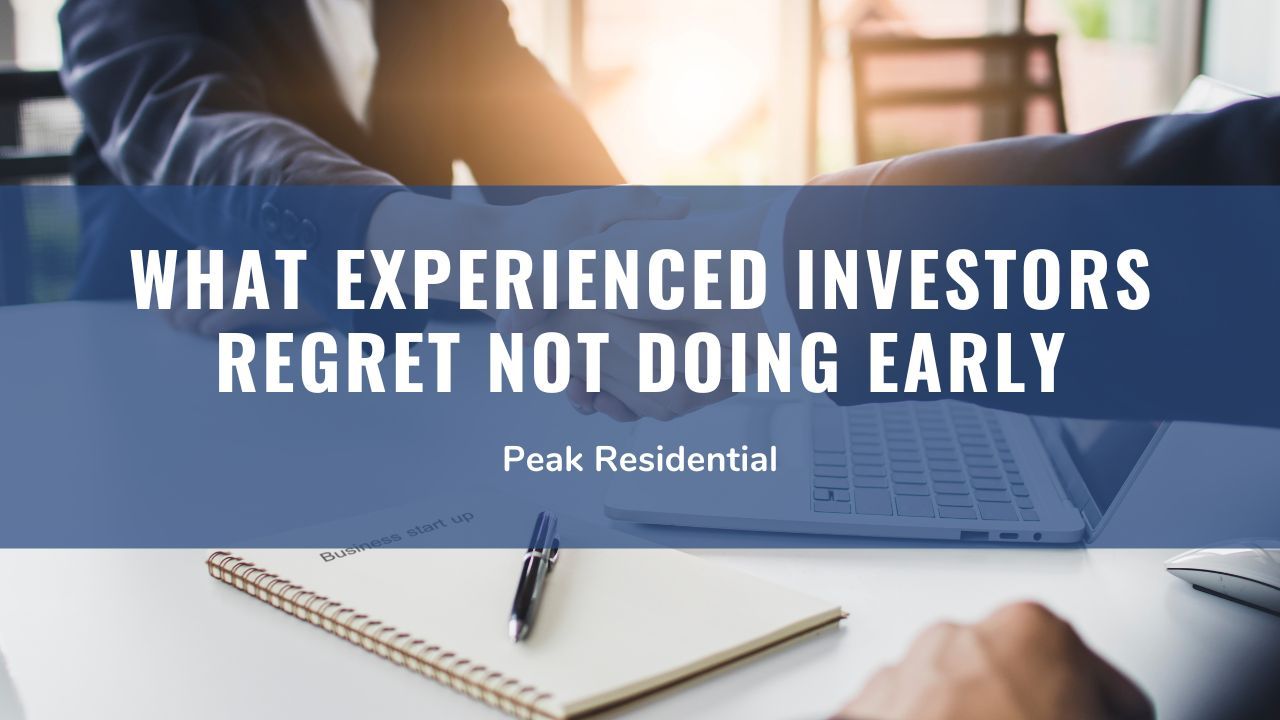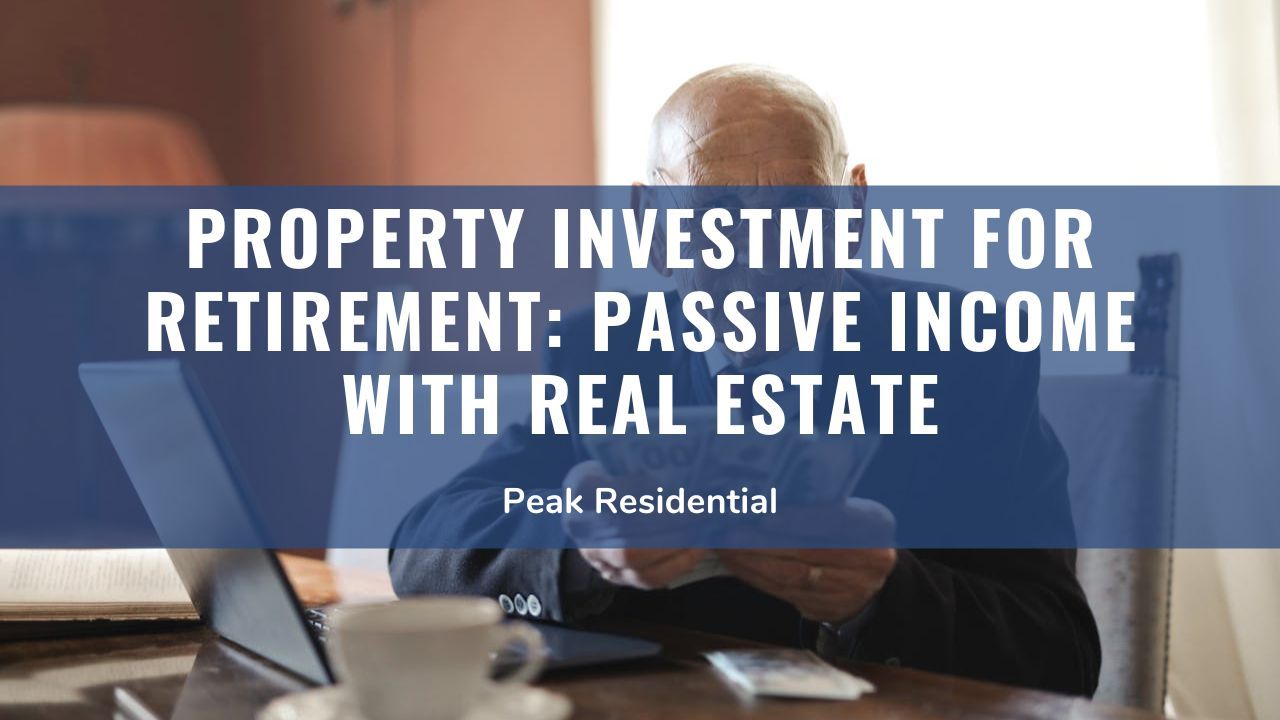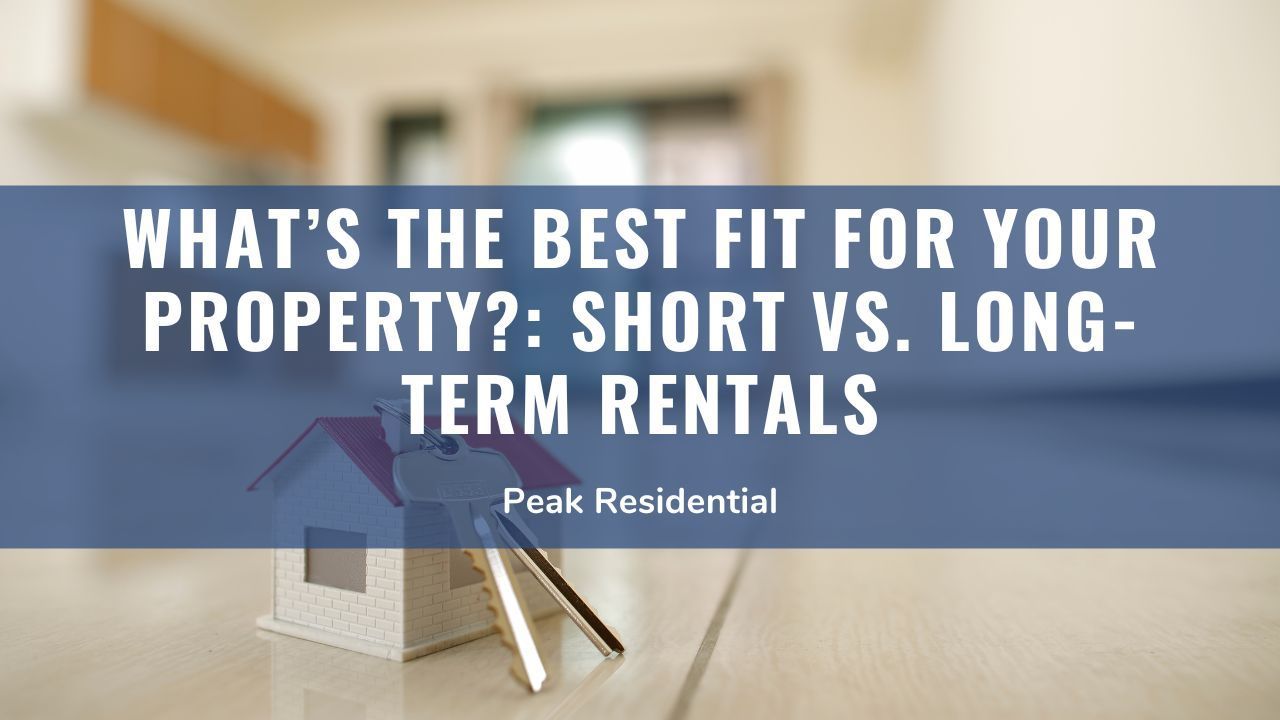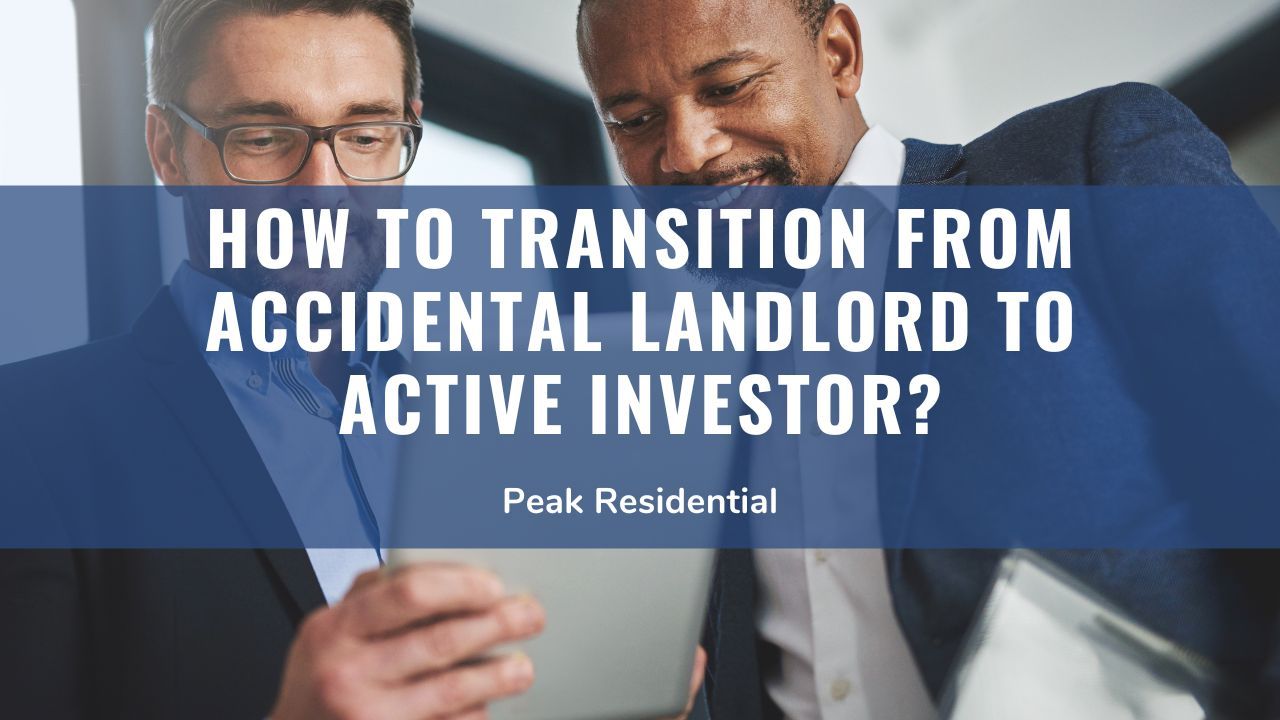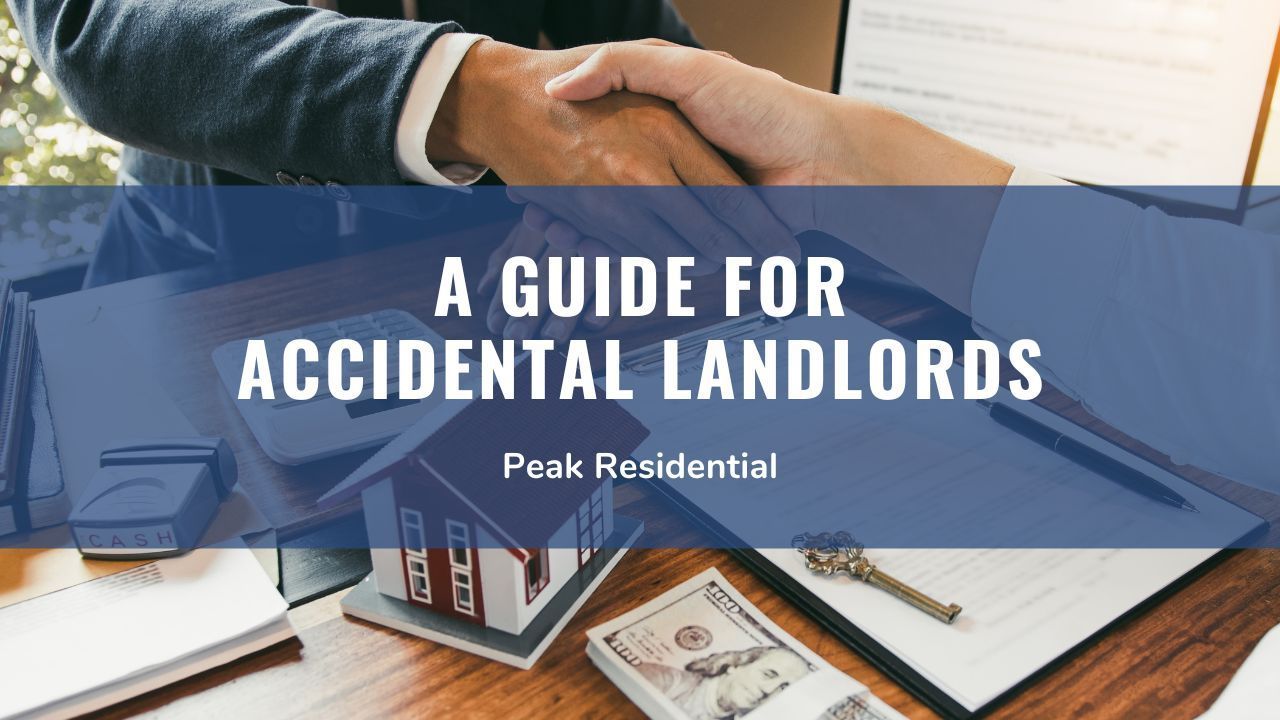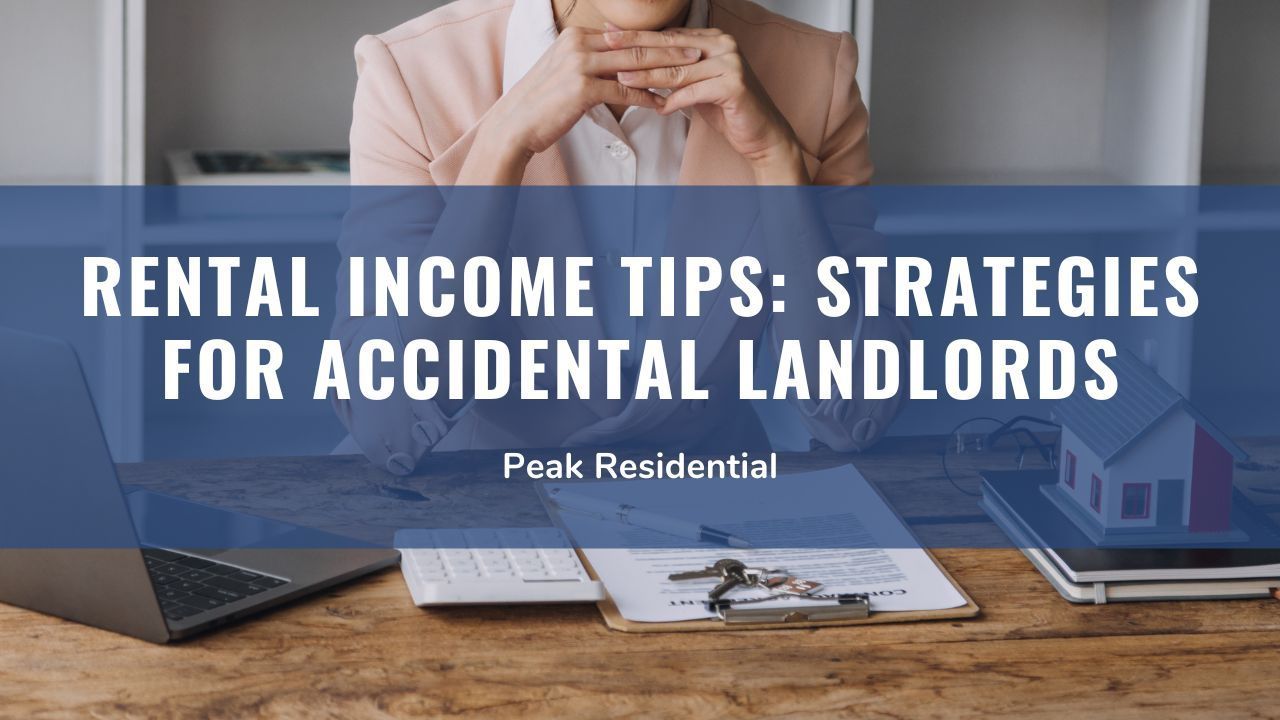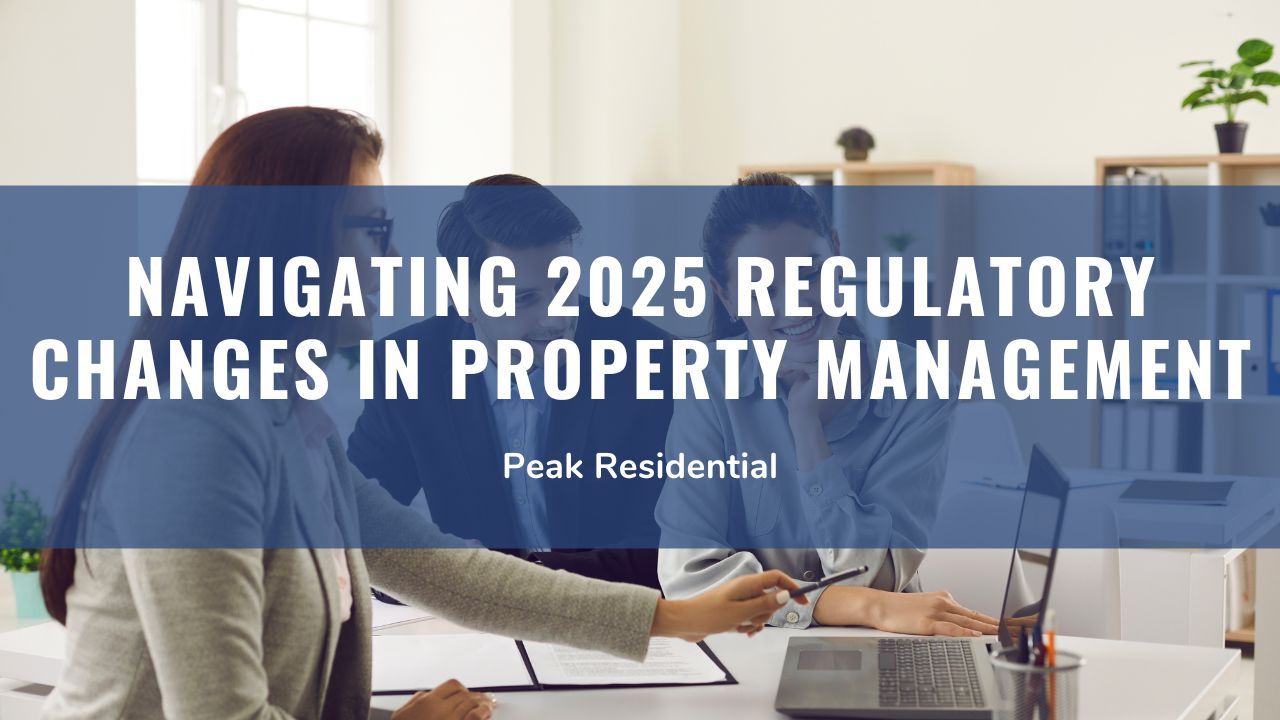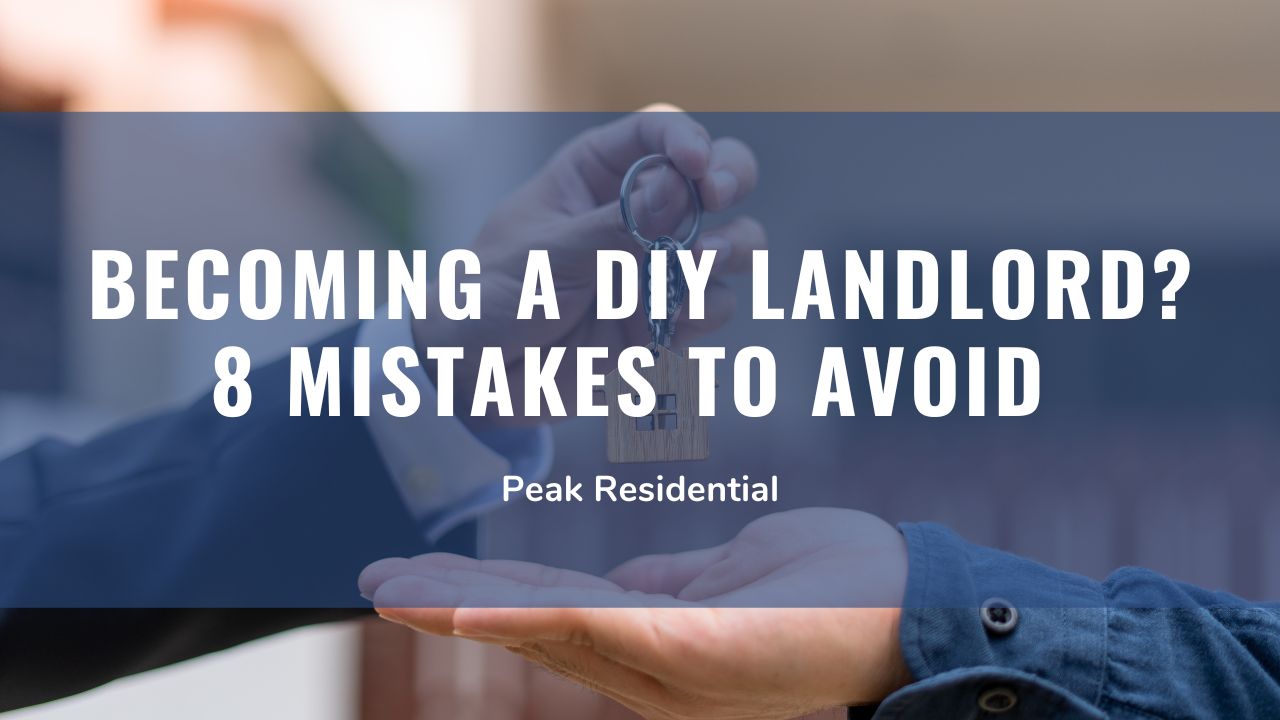
Landlords may not have plans to manage their rentals on their own. Some thrive on the challenge of doing everything on their own, while some need extra help. No matter if you intend to be a DIY landlord or not, it’s helpful to protect yourself from a lawsuit or financial loss by understanding what mistakes to avoid.
You can reduce your stress by following these tips that we at Peak Residential have put together:
Writing a Poor Lease Agreement
Some DIY landlords can be trusting and rent out their properties without a signed lease or written agreement. This can lead to problems should any conflict occur. It’s crucial to have a prepared lease even when creating one may take some effort. Having a leasing contract protects you in many ways since it can be presented as evidence in court.
Your renters are also guided on what to do when they have a written agreement. It’s an easy reference instead of contacting you time and again for repetitive questions. Hiring a property management company to draft a lease for you is advisable given their long exposure in the industry.
Inspecting the Property Rarely
If you weigh the responsibilities of a landlord and tenant, the former has more property maintenance tasks to accomplish. Landlords are expected to address property damage and ensure that the home systems are functional for the comfort of the renters.
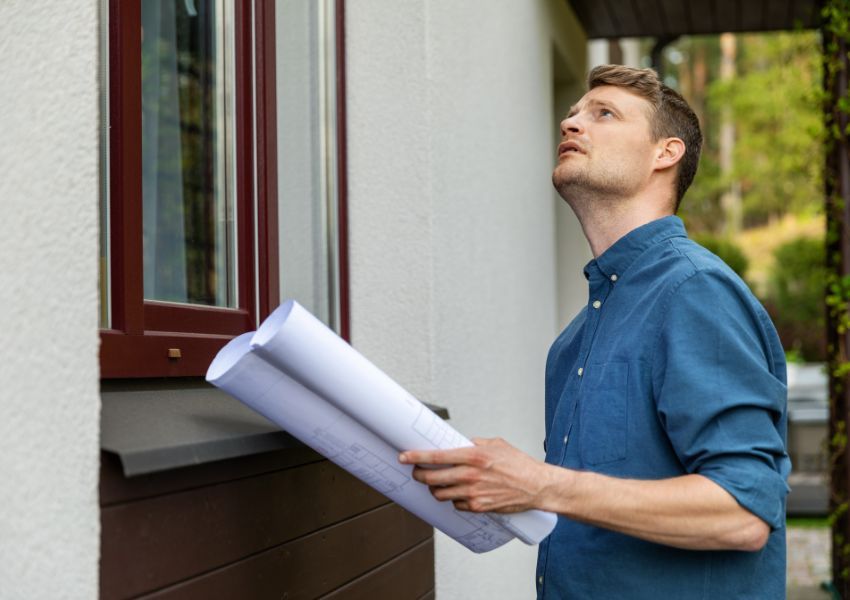
To make sure that your rental is in a superb state, it’s best for DIY landlords to schedule routine property inspections to find out if there are repairs that are needed, no matter how minor. Dealing with the problem head-on reduces heavy repair fees in the future.
Performing inspections is an important task as your primary duty is to meet the cleanliness and safety standards and ensure that your tenants are living in a habitable environment.
Being Unprepared for Vacancies
Turnovers can happen in the course of being a landlord. This being the case, landlords should be ready to cover for the maintenance expenses such as repair charges and cleaning fees. When your unit is in a topnotch condition, a lot of prospective renters will flock to your property, making marketing easier.
As a DIY landlord, you should have a ready budget when a vacancy happens. You should prepare three months’ worth of expenses so you won’t be desperate to find a tenant. Desperation can lead to accepting problematic tenants.
Setting an Inaccurate Rental Value
If you don’t know how to analyze the market demand or economic conditions, you may end up with less than optimal earnings. One way for DIY landlords to determine the right pricing is to go over property listings and check the rent prices of your competitors around the neighborhood.
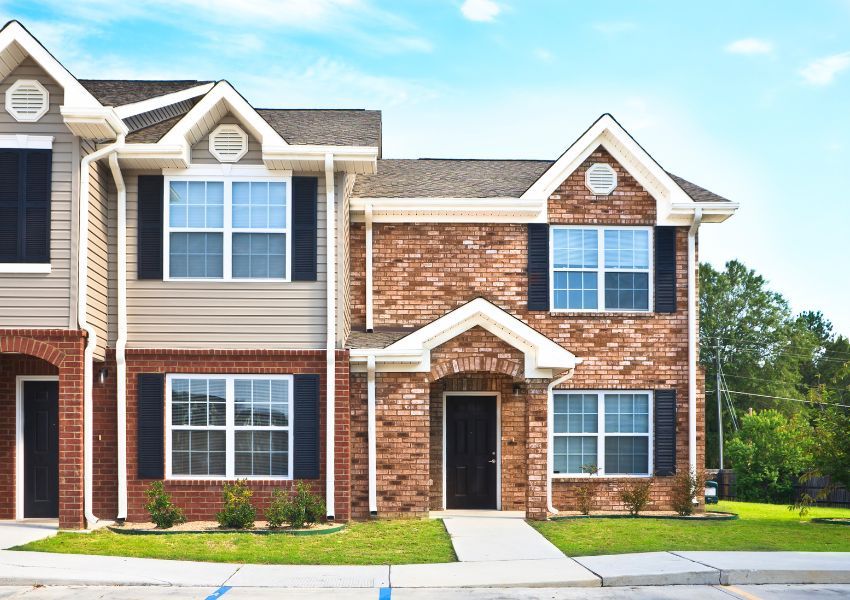
Ideally, landlords should also raise their rental fees each year, especially if you continuously upgrade your units by providing new amenities.
Postponing Evictions or Legal Action
As DIY landlords maintain a close and frequent contact with their renters, they can sometimes end up having little boundaries with their tenants. Meaning they can lack firmness in enforcing the rental policies.
While empathy is welcome, landlords must also be aware that their rental home is a business and that their renters must pay on time. Otherwise, the renters will take advantage of this and may not feel it’s required to pay on time.
Renters who skip payments or pay late all the time must be considered for eviction. You can engage the services of a property manager to help you in the process.
Failing to Manage Your Time
For DIY landlords with a job, time management can be hard to balance responsibilities. At times, they might be unable to respond quick enough to property emergencies. It also costs a lot of time to run around fixing things by yourself.
A good recommendation is to hire a reputable property manager. They can attend to your property’s needs and concerns immediately and you gain more time and freedom to focus on the other important aspects of your life.

When you do everything on your own, you end up sacrificing a lot of your time. So, it comes at a cost to you, even if you’re not spending any cash. Smart property owners outsource property management while enjoying the passive income and reducing their stress.
Avoiding Background Checks
Another huge mistake that DIY landlords can commit is not properly assessing the credit and background of a prospective renter. This is necessary if you don’t want to face problems down the road.
If you hire a property manager, they’re able to efficiently evaluate the background of the potential tenant, interview referrals, and verify employment. Being thorough helps you avoid the issues problematic renters bring.
Not Seeking Help
As a DIY landlord, you’re expected to have full knowledge of the rental business in a short period. This can be challenging since aside from practicing patience and adopting excellent communication skills, you also need to be updated with landlord-tenant laws. This isn’t something you master in just a few weeks.
It’s best to look for a trusted property manager who can help strengthen your knowledge as a landlord. With solid experience and better resources, a property manager can offer outstanding systems that make your rental operation run smoothly. Communicating with the tenants and making them happy to stay longer. Resulting in steady returns of investment for you.
Bottom Line
As a DIY landlord, you should know that costly mistakes can cut back on your profit. You can easily avoid this by writing a lease, inspecting the property, screening your prospects, and seeking the services of a professional property manager.
If you’re looking for a proven property manager, contact us at Peak Residential today!

